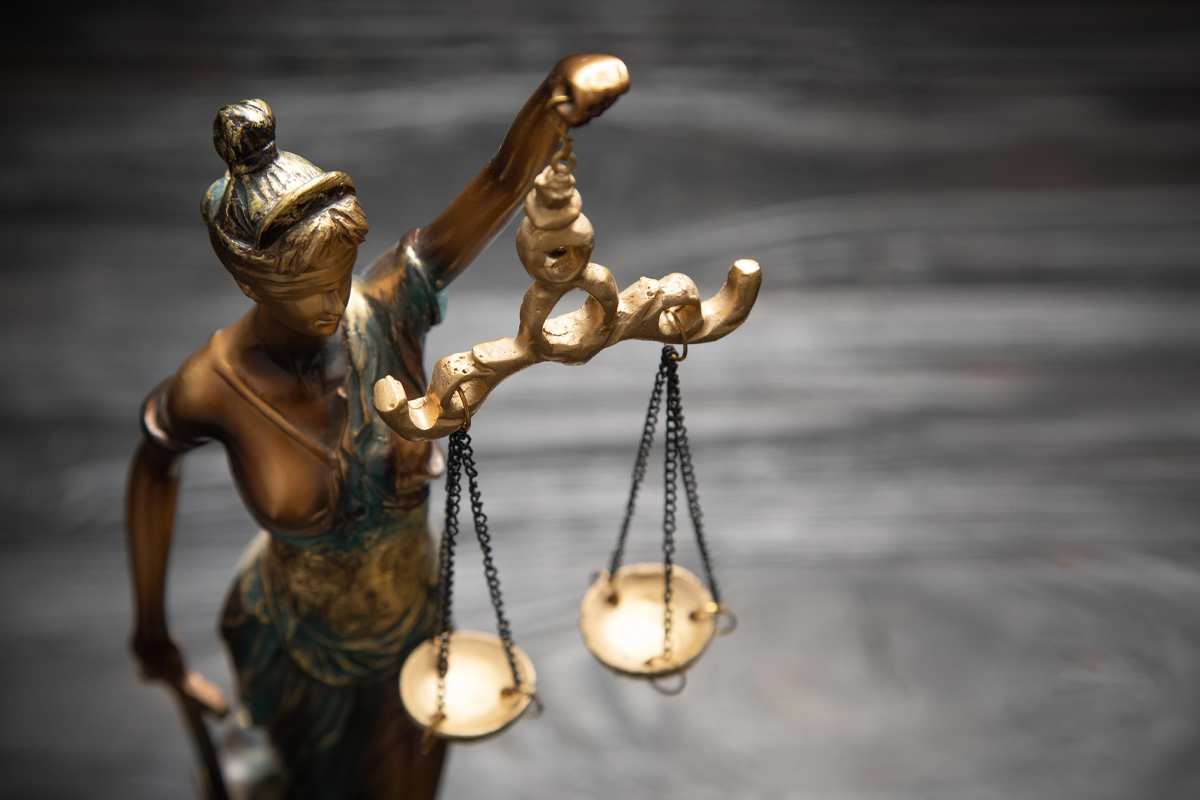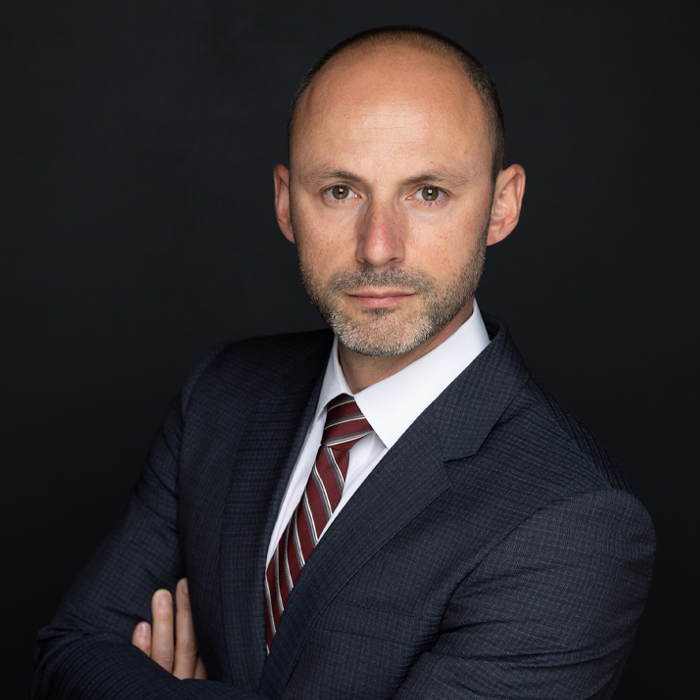If you are facing child pornography charges, you need a criminal defence lawyer in Calgary to look at your case as soon as possible.
Child pornography is a serious criminal offence in Canada.
There are four main child pornography offences: making, distributing, possessing, and accessing child pornography.
- The law defines child pornography as photos, videos, writings, or audio that show or describe sexual acts involving people under 18, or that focus on the sexual body parts of a person under 18 for a sexual purpose.
- All child pornography offences in Canada are hybrid offences, meaning the Crown can choose to prosecute them as either indictable (more serious) or summary (less serious) offences.
- When prosecuted as indictable offences, making or distributing child pornography can result in up to 14 years in prison, with a mandatory minimum of one year. Possessing or accessing child pornography carries a maximum of 10 years imprisonment, with a mandatory minimum of one year.
- If prosecuted summarily, the maximum penalty is two years in jail, with mandatory minimums of six months for making or distributing, and 90 days for possessing or accessing.
Strategic Criminal Defence is a top Google-rated criminal defence firm in Calgary, with over 500 5-star reviews. Our firm, and our experienced legal team, have defended clients in over 10,000 criminal cases. Leveraging our extensive network of lawyers and decades of experience, we craft defence strategies to help those accused of child pornography offences beat the charge.
The lawyers at Strategic Criminal Defence are both highly experienced and dedicated to defending your rights and future in the face of these charges. Contact a lawyer today by calling (403) 719-6410.
Key Takeaways
- Child pornography offences include making, distributing, possessing, and accessing material showing sexual content involving people under 18.
- These are extremely serious charges that carry significant social stigma and harsh penalties.
- All child pornography offences have mandatory minimum jail sentences.
- Making or distributing carries a mandatory minimum of 1 year (indictable) or 6 months (summary).
- Possessing or accessing carries a mandatory minimum of 1 year (indictable) or 90 days (summary).
- Bail conditions typically include no internet access, no contact with minors, and computer monitoring.
- An accused may be required to surrender their passport and electronic devices.
- These charges can be successfully fought with proper legal representation.
- Possible defences include lack of knowledge, illegal search and seizure, or challenging the classification of materials.
- A conviction results in mandatory sex offender registration.
How Our Lawyers Help With a Child Pornography Charge
If you are facing these charges a Strategic Criminal Defence lawyer can help.
- Before any charges are filed, we can give you legal advice on how to deal with police investigations or computer seizures.
- We can make sure that the accused’s rights are protected during searches and questioning.
- We can look for technical information that might show an accused person didn’t know of the existence of the files and/or did not mean to commit this crime.
- When we need to, our lawyers hire expert witnesses, like digital forensic specialists, to look at devices and explain technical details to the court.
- Our lawyers know how to handle the complicated child pornography case process, which includes special bail hearings and minimum sentences.
- During a trial, we protect our clients’ freedom and reputation by questioning the prosecution’s evidence on various topics, such as possession, access, or identity.
Examples of Child Pornography Charges
These are some real-life situations that could lead to child pornography charges:
- If someone takes pictures of a person under 18 in sexual poses or doing sexual things, they can be charged with making child pornography, even if they did not intend to share the pictures.
- Even if someone never shares images or videos of minors having sex, they can still be charged with possession of child pornography if they download them to their computer or phone.
- A person uses file-sharing software that lets other people see child pornography on their computer. This can lead to distribution charges, even if the person didn’t actively send files to specific people.
- A person goes to websites that have child pornography and looks at the content on purpose without downloading it. This leads to charges of accessing child pornography because they knew they were looking at illegal material.
Consequences of a Child Pornography Charge
If you are charged with child pornography in Canada, you could face very serious consequences that could change your whole life.
- Child pornography crimes are hybrid offences. This means that the Crown prosecutor can choose to go ahead with an indictment (for more serious cases) or a summary conviction (for less serious cases). This choice has an effect on the possible punishments you could get.
- No matter what your past record is, there are mandatory minimum sentences that apply to jail time. If you are charged with making or distributing child pornography, you will have to spend at least one year in jail and up to 14 years in jail. For instance, details about mandatory prison terms can be found in our Jail Sentence in Calgary overview.
- If you are convicted of possessing or accessing child pornography, you will have to spend at least one year in prison and up to ten years in prison. If you are prosecuted summarily, the minimum sentence is six months and the maximum is two years less.
- A conviction means that you have to register as a sex offender under the Sex Offender Information Registration Act (SOIRA) for at least 10 years, and maybe even for the rest of your life. Your name will be on the National Sex Offender Registry, which can make it very hard for you to find a place to live and work.
- A conviction also leaves a permanent criminal record, which can affect your future, as discussed in our Criminal Sentencing Calgary page.
Child Pornography Charge Defences
Child pornography is a serious crime to be accused of. However, you might be able to use legal defences, depending on your situation. A Strategic Criminal Defence lawyer can help you figure out which strategies might apply for your case.
Here are some possible defences that might be available, depending on the situation
- Not Knowing or Not Having Control: If you can prove that you didn’t know that illegal content was on your devices, you might be able to defend child pornography charges. Some people share a computer with roommates, guests, or tenants who may have used it to see or download illegal content without you knowing. When needed, we can hire digital forensic experts to figure out when the illegal files were made, if you ever opened them, and if there is proof that someone else used your device to commit this crime.
- Illegal Search: Police have to follow strict rules as they gather evidence in cases like child pornography. If they searched your home, car, or electronic devices without a valid warrant or went beyond what their warrant said they could do, the evidence they collect and rely on for your charge might not be allowed in court.
Child Pornography Charge Investigation
Police usually start looking into child pornography when they get tips from the public or internet service providers.
- First, the police get search warrants so they can find out who owns the IP address.
- Next they get more search warrants to search the suspect’s home and electronic devices.
- The officers will seize any computers, phones, tablets, external hard drives, and other storage devices that may be helpful to them during these searches.
- Then, forensic teams use special software to look at an accused’s devices. This process can find files that have been deleted, look at their browsing history, and look for digital fingerprints that show when and how files were accessed or shared.
- They look for pictures and videos of child pornography. They also look for evidence that someone is looking for or sharing this kind of content.
Bail Conditions for Child Pornography Charges
In Canada, if you’re charged with child pornography, you might be able to get out on bail while you wait for your trial, but the rules will be very strict.
- A total ban on internet access is usually the most serious restriction. The court will probably not let you use any device that can connect to the internet, such as computers, smartphones, gaming consoles, and smart TVs. You might be able to use the internet for work in some cases, but only under close supervision.
- You will not be allowed to talk to anyone under 18 years old. You can’t live in a house with kids, go to places where kids are most of the time, like schools or playgrounds, or work with kids.
- The court will probably make you give up your passport so you can’t travel outside the country.
- You will also have to give up any electronic devices that were not already taken during the investigation.
- You will have to report to the police or a bail supervisor on a regular basis, sometimes as often as several times a week.
- In a lot of cases, the court will tell you where you have to live and you may have to follow curfews or even stay at home.
- Some courts make you wear an ankle bracelet that tracks your movements and makes sure you follow geographic restrictions.
- While you’re out on bail, you might also have to regularly go to therapy or counselling in the community.
- If you break any of your bail conditions, you could go back to jail right away while you wait for trial on both the original charges and the new bail violation charge.
For more information, visit our page on The Bail Hearing Process in Calgary.








